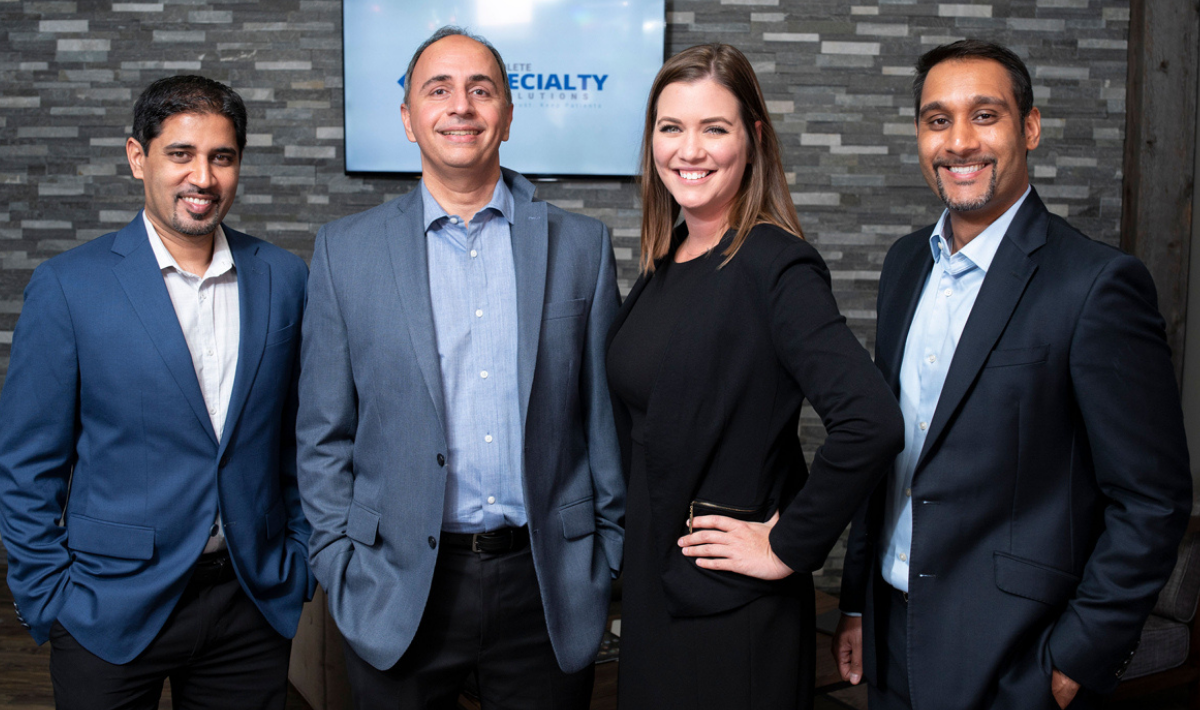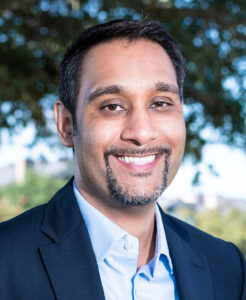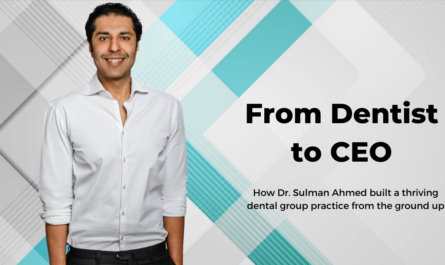So many general practices refer their patients out to specialty dental practices, but what if you could keep your patients in-house?
By Santosh Patel, President of Complete Specialty Solutions
Adding specialty dental services to general practices is a trend that is quickly gaining interest in the dental industry due to its significant potential. For some, this might seem like a passing fad, but our experiences and observations over the past several years prove that it could present your organization with a unique opportunity to drive significant improvements in patient satisfaction while also representing the largest single revenue growth opportunity that requires no investment. In our experiences, most general practices and DSOs can increase overall revenues and profits by over 25% within 3 months, but we’ve also seen practices where specialty is over half of all production. So many general practices must refer their patients out to specialty dental practices, but what if you could figure out how to keep your patients in-house?
My wife is a dentist with a solo practice, so I understand how difficult it is to compete with the larger DSOs and group practices. Many of them offer a variety of support services, including some limited assistance enabling specialty services, but we’ve seen a gap in the market to enable in-house specialty services. Therefore, I decided to build a company that could help general practitioners offer specialized services for their patients through a turn-key combination of clinical, business, operations and technology support.
At Complete Specialty Solutions (CSS), we are committed to driving enhanced collaboration between general dentists and specialists by bringing a turnkey approach to managing the numerous complexities of in-house specialty services. For many DSOs, the target customer is the dentists who own and operate in general practices. Our primary customer is the specialist. We work to attract the best specialists to our organization so that we can source them out to general practices in long term partnership models, building up solutions to make their lives as simple and easy as possible.
The challenges of adding specialties to your practice
One of the biggest challenges to adding specialties to your general practice is understanding that adding a specialty is essentially starting a business within a business. Although there are some similarities to running general dentistry operations, most of the workflows, equipment, supplies, staffing, scheduling, communications and billing operations are different for each specialty, and traditional dental PMS systems aren’t designed to support in-house specialty management. In addition, there is a level of management commitment, ongoing recruitment and resource allocation required to create and manage the various aspects of specialty program from start-up, to scaling and (eventually) specialist transition management.
When you have the same general practice resources focus on building and managing specialties while maintaining general practice operations – without recognizing the unique skills and extra efforts required – we’ve found this is often a recipe for failure. This is a huge part of the learning curve and how many dentists are forced to evolve through trial and error. Many dentists will say they jumped in and tried it, but it’s a huge distraction to their core business and they often weren’t following best practice protocols, so many dentists give up.
Another challenge is finding specialists and support team members that have the right cultural fit for your practice. Culture fit, including excellent communication skills and responsiveness, are critical to maximizing success. Having an effective onboarding and mentoring program can also be helpful in ensuring better cultural fit and team dynamics.
Starting the process
The first step is to assess your ability to appropriately diagnose specialty referral opportunities and discuss the treatment options with patients and track how many of those patients you are referring to outside specialists. Track those referral numbers for at least 90 days to get an accurate estimate of the number of patients who need referrals by specialty. As you’re going through those 90 days, engage your team to be a part of the process and a part of the conversation as to why you are attempting to capture this data. Ideally, you should be capturing all relevant details regarding the patient and their treatment needs in a concise manner that is easy to eventually share with a specialist. Without successfully capturing referral information in an easily shareable format, it will be more difficult to recruit and retain an experienced specialist.
One of the questions that my wife would often hear when her patients were being referred out was, “Well, why can’t I do that here?” Have your hygienists, clinical teams, treatment coordinator and the front office make a note of each patient that asked that question. This will not only give you a better idea of how many patients you are referring out for specialty procedures, but also the kind of specialty services that you are referring to the most.
While recruiting your specialists, it’s important to simultaneously plan for recruitment and onboarding of specialty support staff, procurement of specialty equipment and supplies and development/implementation of protocols to ensure appropriate scheduling, preparation, treatment and follow-up.
Understanding the patient education component is critical to this process. It’s all about collaboration, and your ability to effectively educate patients as referrals are being made will ensure that your specialist team is in the best position to convert those referrals into successfully treated patients. From there, it’s critical to manage the progression of referrals and appropriate follow-up at various stages in the cycle.
Why you should add specialty services to your general practice
When we first started out, we had a network of specialists and provided some supplies and equipment, but we were dependent on the offices to build the schedule for the specialists. We quickly realized that it took a lot of bandwidth and specialized knowledge for a growing practice to maintain these operational responsibilities. Our clients began to ask if we could help with things like contacting the patients, scheduling, billing, and even coordinating all the different functions around marketing for certain procedures. My team has taken on a comprehensive role by listening to what these practices need to be successful.
Complete Specialty Solutions isn’t a staffing agency. We want to join general practices for a long-term partnership where our specialists are seen as associates within the practice. There are a lot of dentists out there getting training on implants and working to the top of their license. We are big believers in the idea that the more you can do as a dentist, the more you can diagnose. For practices looking to build their own in-house specialty programs, CSS also provides technology solutions to hardwire best practice workflows and communications, combined with consulting and virtual on-demand support solutions.
When you have a specialty service built into your practice, it benefits patients, general dentists and specialists. Everyone wins.






